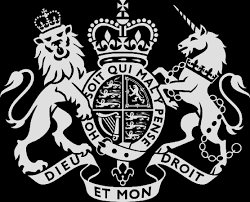Inquests are held in an open formal court, where evidence is heard and considered by HM Coroner.
In some cases, the HM Coroner must sit with a jury of 7 to 11 members of the public.
The coroner will open an inquest into the following situations;
• The cause of death found at post-mortem examination is non-natural.
• For inquests opened without a post-mortem examination, the cause of death given by the reporting doctor is non-natural.
• The cause of death is unascertained (not found) at post mortem.
• There is other information giving reasonable cause to suspect that the death was non-natural.
During the inquest, the Coroner will hear from witnesses and consider evidence such as post-mortem reports.
Unlike other types of court hearings, there is no prosecution or defence and only the Coroner can decide what evidence should be heard. This is because the inquest is purely to determine the facts of the death, and not to determine criminal or civil liability.
However, if evidence suggest someone may be criminally responsible for the death, the Coroner can pass the evidence to Staffordshire Police or the Crown Prosecution Service.
 Staffordshire and Stoke-on-Trent Coroners
Staffordshire and Stoke-on-Trent Coroners